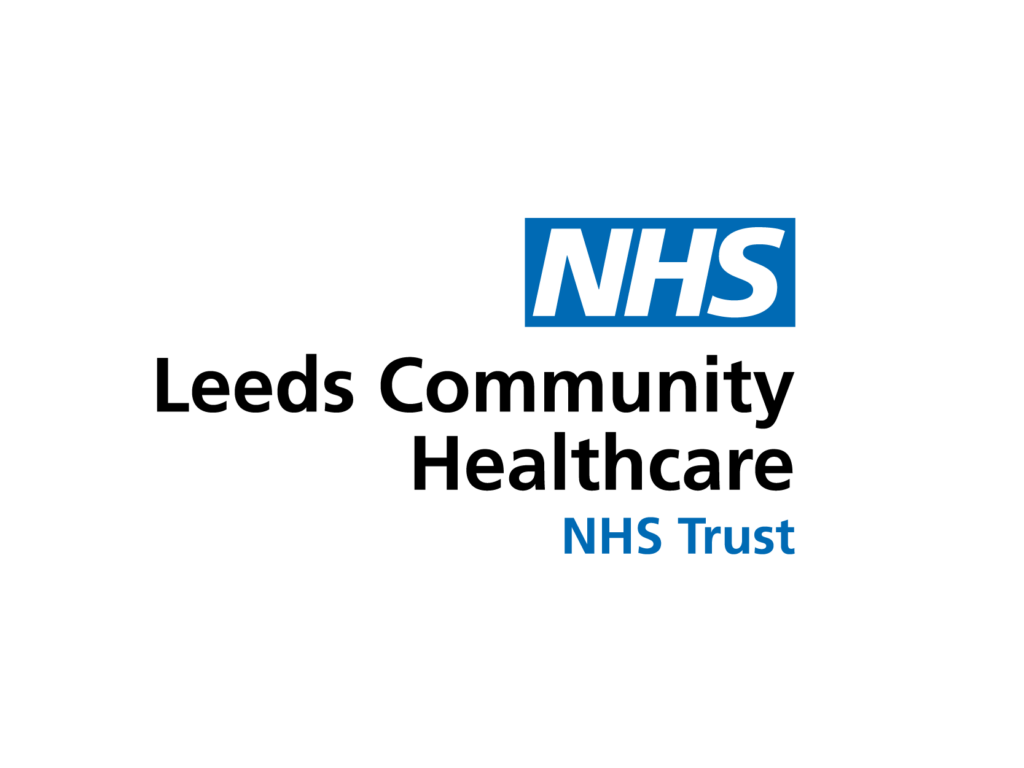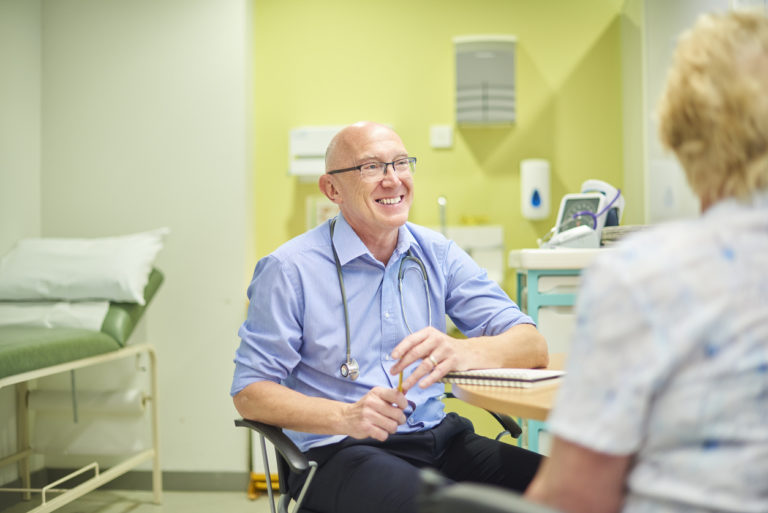For more than 10 years, Leeds Community Healthcare NHS Trust has provided community healthcare services for the people of Leeds.
Its 3,000 strong workforce, comprising nurses, therapists, pharmacists, non-registered and registered clinical staff, cares for people in or close to their homes. Where appropriate, they aim to work with a person’s whole family, not just the individual.
The Trust provides very specialised services across the Yorkshire and the Humber area including, for example, nurses caring for people in custody.
Linking with local universities and other organisations, the Trust is also involved in research. Its broad research portfolio for adult healthcare ranges from cancer and cardiac care to speech therapy and weight management. And for children, it spans child and adolescent mental health services (CAMHS), palliative care, musculoskeletal care and long term conditions, among others.
In part one of our Spotlight, we hear about a novel approach to integrating community and primary care research.
Trust leads a transformation in community-based clinical research
A ground breaking approach, which is making health research available on an unprecedented scale in community settings, is being hailed as an overwhelming success for Leeds.
Grasping the nettle
When the pandemic overtook normal life in March 2020 and national research priorities turned to COVID, the Yorkshire and Humber Clinical Research Network (CRN) invited bids for strategic research funding. This was an important opportunity for Leeds Community Healthcare NHS Trust and it bid successfully for funding to set up a primary care research project, the first of its kind nationally.
This project has moved fast. It has overtaken expectations and is starting to fulfil a long-held passion and vision at the Trust. That is, to enable research in community settings by joining up and integrating research systems and processes across community settings, including all 96 GP practices.
Uncovering the issues
“Research is vital to developing new and better ways of helping people stay healthy and of providing the best possible care when they’re not. We need our community settings, and specifically GP practices – often people’s first port of call – to be involved in research,” said Project Manager Stacey Phillips.
The project team explored with Leeds’ GP practices why they weren’t all actively involved in research. They found lack of time, money, resources, knowledge and skill were the main reasons, reflecting a national picture.
“Research funding models are complicated and historically, community settings miss out on funding despite doing much of the follow-up work required by that research,” Stacey explained.
“We knew this had to change, especially as the focus on providing care increasingly moves away from hospitals to the community.”
Designing the solution
After winning a funding grant from regional research commissioners and forging a new agreement with Leeds’ GP Confederation, the team launched a model which sees them design, fund and manage healthcare research for any Leeds GP practice that chooses to opt in.
“Basically, it means we can manage the hard work for them. For example, thanks to this integrated model, we’ve brought in research staff and enabled them to move around the healthcare system more easily,” said Stacey.
With nine local GP practices now recruiting to research trials, the CRN has hailed this as a huge success and the team is sharing its new approach with research managers across the region.
Joining up is better for everyone
And the demand for community-based health research is set to grow imminently. Thanks to this transformative new model from Leeds Community Healthcare NHS Trust, the city is perfectly positioned to support all 96 GP practices with this.
“This makes Leeds extremely attractive to researchers, funders and sponsors as they now have one access point to all practices, instead of having to negotiate with each individually. It also means better continuity for study participants, and for researchers who can now move across healthcare settings and follow the person’s research journey all the way,” said Stacey.
Looking ahead
But there is no resting on laurels at the Trust. The team has been awarded funding for a third year. It wants to invite members of the public to join them in working with research ethics committees and research panels at an earlier stage, so they can help design and adapt how research happens.
“I’m proud to be part of this unique innovation at our Trust and it’s thanks to the leadership of colleagues such as Dr Ruth Burnett, we are seeing these fantastic changes,” said Stacey.
Executive Medical Director Dr Ruth Burnett is a driving force behind these steps to integrate community and primary care research and development.
“With an increasing national focus on providing healthcare in the community, having an outstanding research capability alongside that, which involves our NHS and academic partners, is vital to providing the best possible care,” said Ruth.
“We are ideally placed to strengthen and grow this capability and continue to look for ways to break down barriers and ensure research is accessible and available to all citizens of Leeds. Being a founding member of Leeds Academic Health Partnership really helps too. It gives us excellent opportunities for collaboration across the city to maximise opportunities for shifting the research capability and expertise of the universities and Teaching Hospital towards people in their own communities.
“Eventually, we want everyone to have easy access to information about research in Leeds so they can get involved and stay involved if they wish. Whether it’s researchers with their expertise, investors with funding or our residents wanting to take part at a setting close to their home. This is how we will help Leeds be a research-ready, learning city.”



